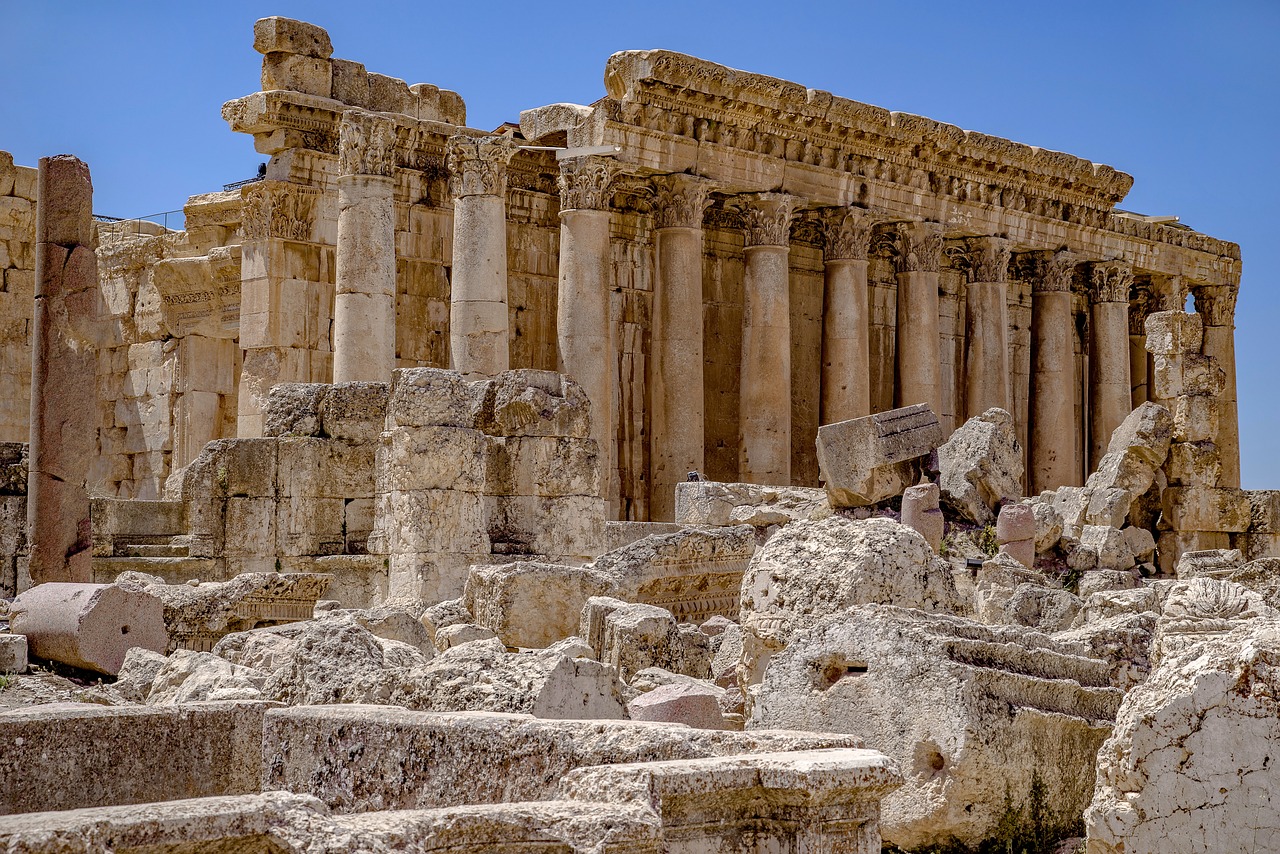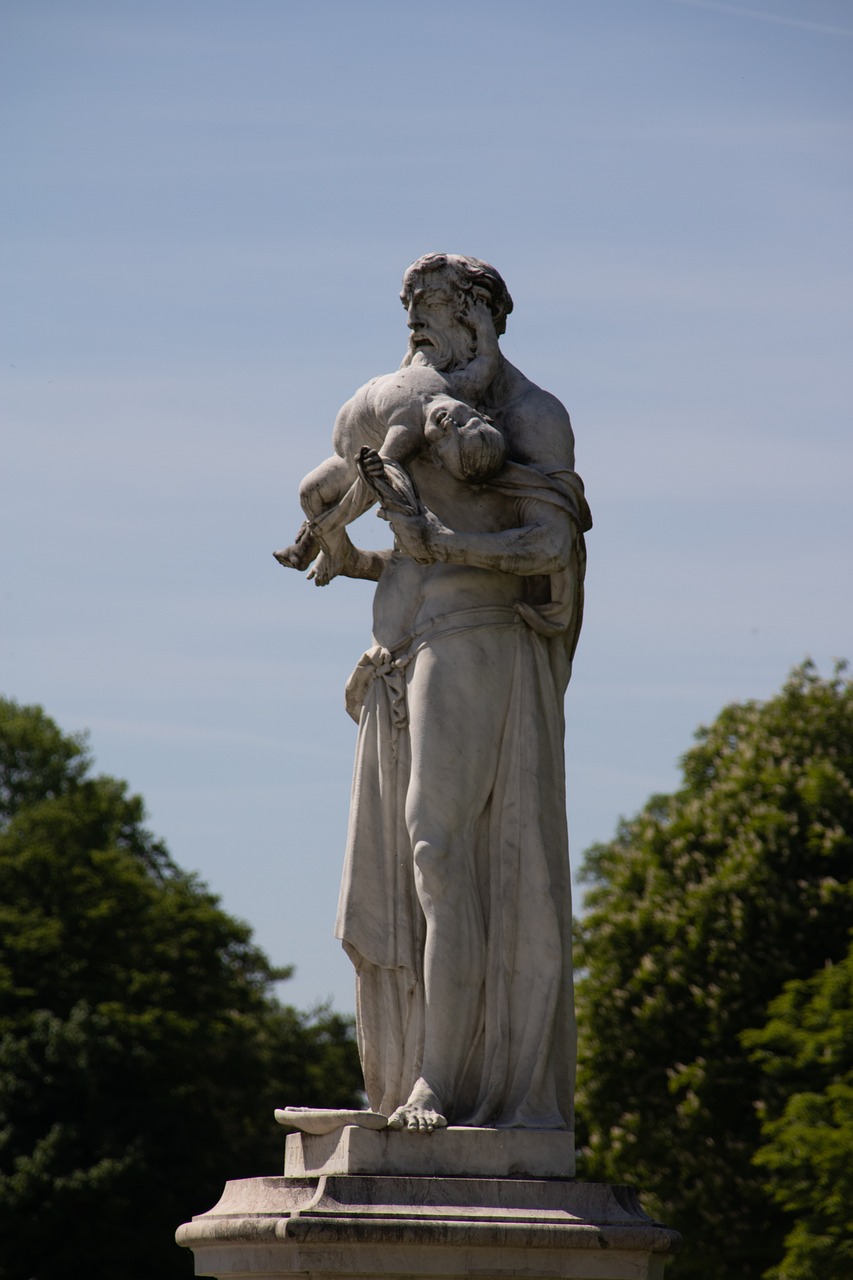Author: Erlang Shen
-
Tefnut, often referred to as Tefenet or Tefnet, was a significant goddess in ancient Egyptian mythology, embodying moisture while also being intricately linked to both solar and lunar elements. Known as one of the “Eyes of Ra,” Tefnut personified both the lunar moisture and the solar dryness. Her name translates to “She of moisture,” deriving…
-
Hector: The Hero of Troy Hector stands as the eldest son of Priamus and Hecabe, renowned for his roles as Andromache’s husband and Astyanax’s father. Within the works of Homer, he emerges as a central character among the Trojans, mirroring the significance of Achilles among the Greeks. Homer appears to hold a deep affection for…
-
Roman Religion: An Overview of Beliefs and Practices Roman religion, encompassing the beliefs and practices of the inhabitants of the Italian peninsula from ancient times until the rise of Christianity in the 4th century CE during Classical antiquity, stands as a fascinating study of spirituality and cultural identity. According to Cicero, a notable Roman orator…
-
The Legacy of Cronus: King of Time Pronunciation: kroh-nuhs Other Names: Kronos Origin: Greece Cult Center: Athens, Gades, Lebadeia, Olympia Role: Ruler of the Heavens Symbols: grain, harpe, scythe, sickle, snake Wife: Rhea (his twin sister) Children: Demeter, Hades, Hera, Hestia, Poseidon, Zeus Who is Cronus? Cronus, the offspring of Uranus and Gaia, reflects on…
-
Hades: The Ruler of the Underworld Hades, known as “the Unseen,” or Pluto (“the Wealthy One”), is a prominent figure in ancient Greek religion, recognized as the god of the underworld. As the offspring of the Titans Cronus and Rhea, he is among the siblings of key deities like Zeus, Poseidon, Demeter, Hera, and Hestia.…
-
The ancient Greeks held a profound understanding of death, viewing it as a final passage that individuals must traverse. Following burial, the souls of the deceased were believed to traverse a watery path leading to Hades, the domain of the dead. Once there, these souls remained for eternity, eventually fading from collective memory. The depiction…
-
Are you fascinated by the ancient tales and myths of Egypt? Then the intriguing figure of Apep, also known as Apophis, is likely on your radar. This article explores the captivating narratives surrounding this serpent deity, examining the symbols and powers linked to him. Understanding Apep (Apophis) Apep, or Apophis in Greek traditions, stands as…
-
Overview of Juno in Roman Mythology Juno, also known by the Latin name Iuno, occupies a significant role as the queen of the Roman gods and the consort of Jupiter, their king. Esteemed as a protector and advocate for women, particularly in the spheres of marriage and motherhood, her mythology and visual representation were largely…
-
He was not to blame for his predicament. How could someone so noble, so strikingly beautiful, bear any fault? He was the golden boy, the cherished one of his mother’s kin. How had everything spiraled into chaos? How had his radiant ambitions dulled? Raised on tales filled with pride recited by his mother, he learned…






